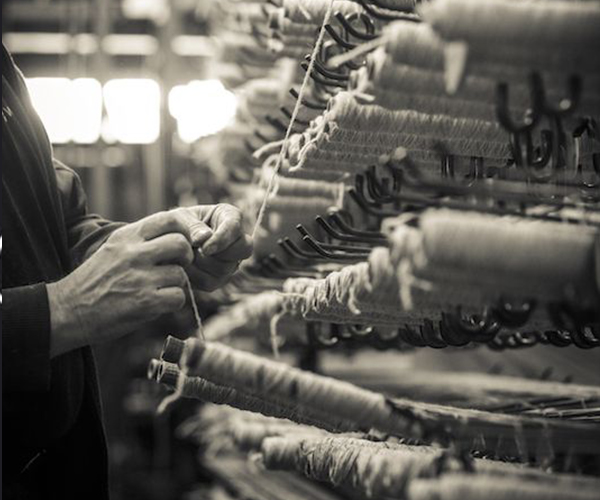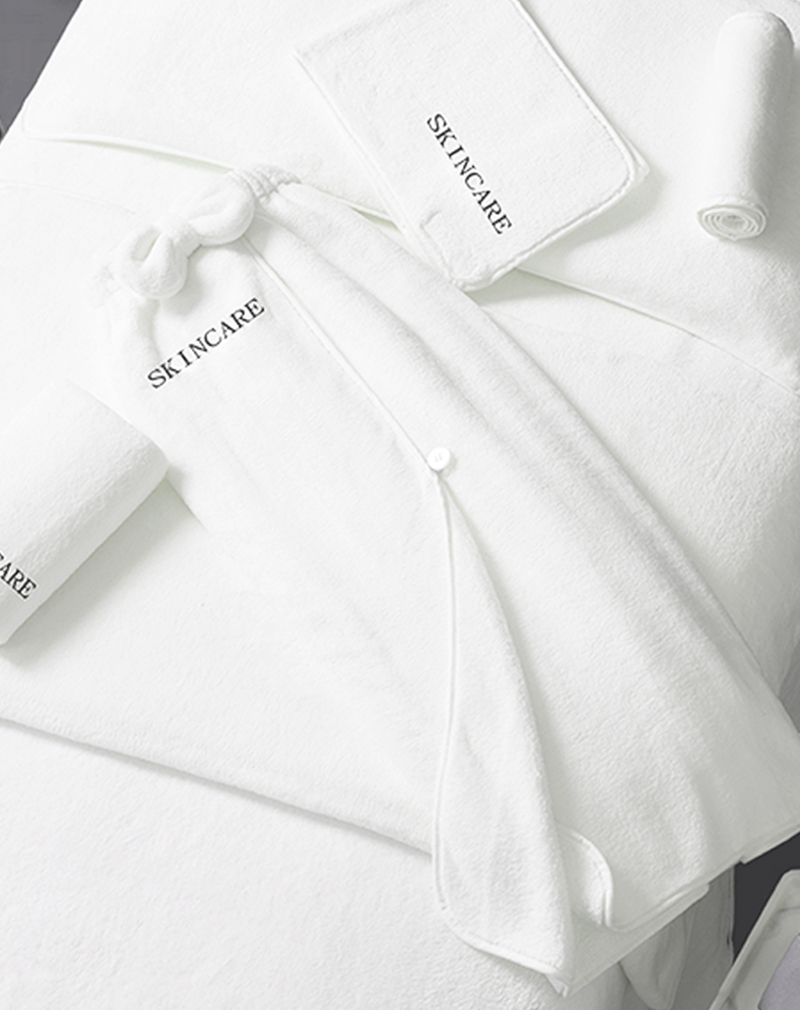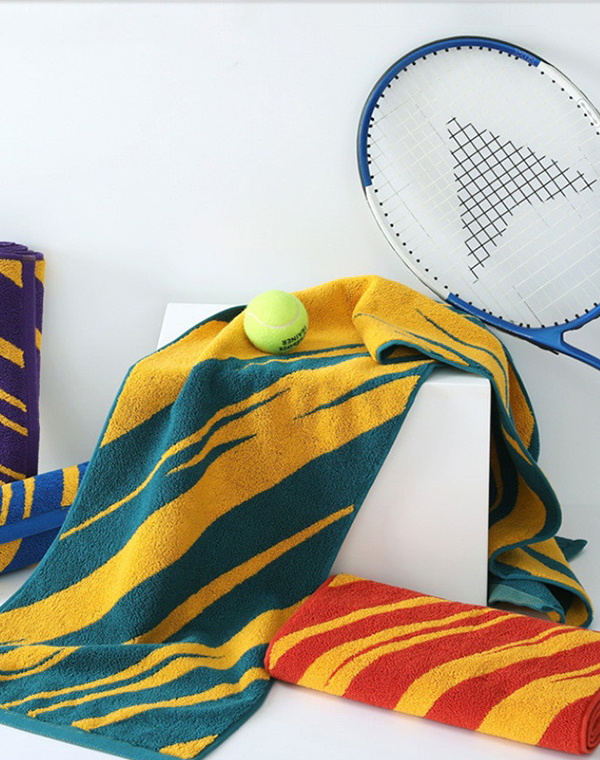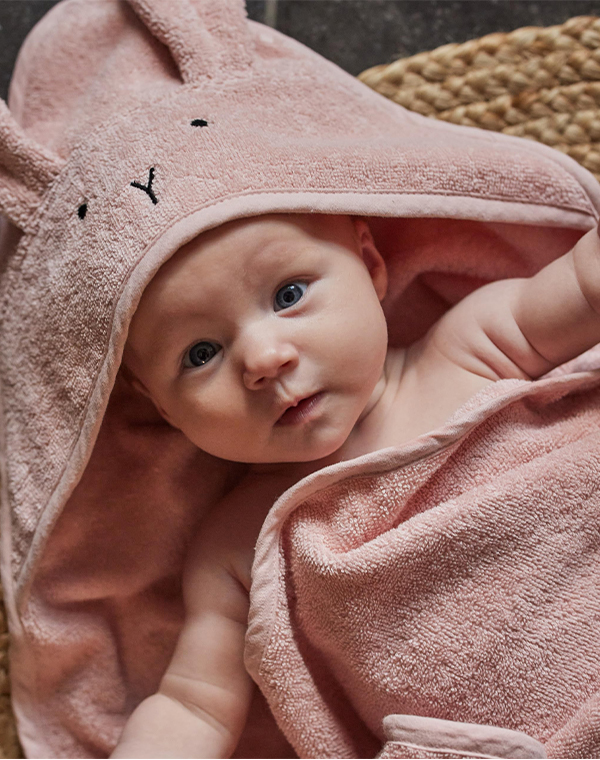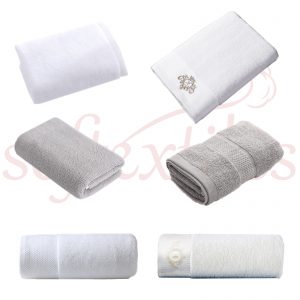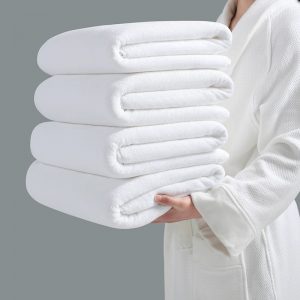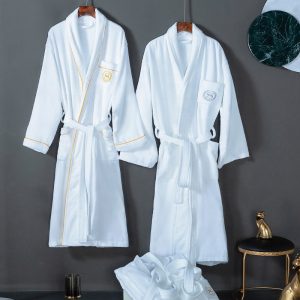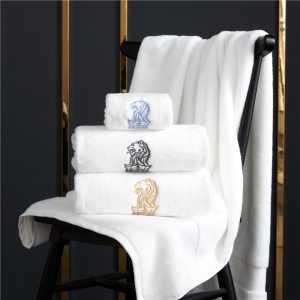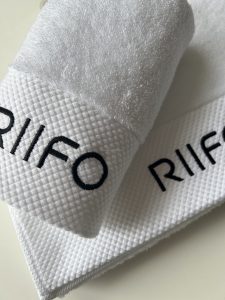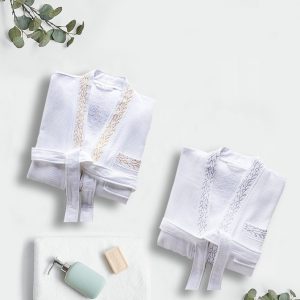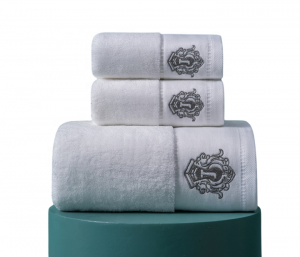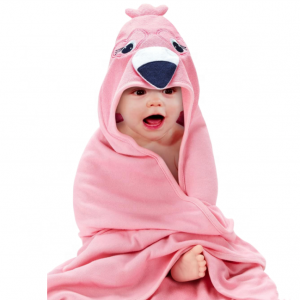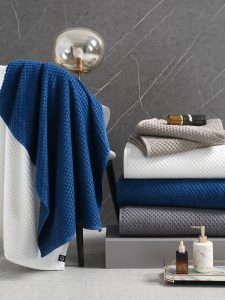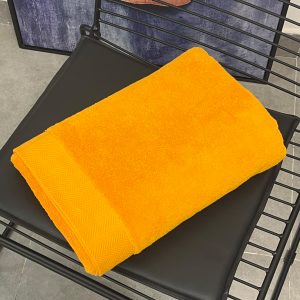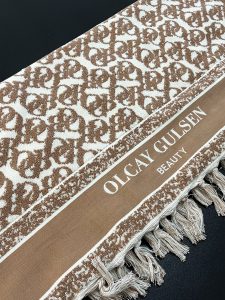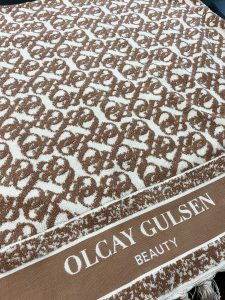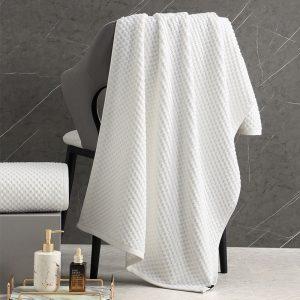When it comes to ordering custom towels for your business, selecting the right size and thickness is crucial. Different types of towels serve different purposes, and factors such as absorbency, drying time, and the towel’s overall feel play a role in delivering the desired user experience. Whether you’re customizing towels for hotels, spas, gyms, or promotions, understanding towel dimensions and thickness will help you make the best choice for your needs.
1. Common Towel Sizes and Their Uses
Washcloths (12” x 12” or 13” x 13”)
Washcloths are small square towels typically used for washing the face or body. Their compact size makes them ideal for personal use in bathrooms, spa treatments, or as part of a complete towel set.
Best for: Hotels, spas, gyms, and as part of a bathroom set.
Hand Towels (16” x 30” or 18” x 30”)
Hand towels are larger than washcloths but still compact, making them ideal for drying hands and face after washing. They are commonly placed in bathrooms next to sinks or in guest rooms.
Best for: Hotels, restaurants, guest bathrooms, and gyms.
Bath Towels (27” x 52” or 30” x 56”)
Bath towels are the standard size for drying off after a shower or bath. Their medium size offers enough coverage for the body while being lightweight and easy to handle. Bath towels are the most commonly used towels in homes, hotels, and spas.
Best for: Hotels, guesthouses, gyms, spas, and personal use.
Bath Sheets (35” x 60” or 40” x 70”)
Bath sheets are larger than regular bath towels and provide extra coverage and luxury. They are ideal for guests looking for a more indulgent, spa-like experience. The added surface area makes them great for wrapping around the body after a shower or lounging at the pool.
Best for: High-end hotels, spas, resorts, or guests who value extra comfort.
Beach Towels (30” x 60” or 35” x 70”)
Beach towels are typically larger and thinner than bath towels. Their primary purpose is for use by the pool or at the beach, so they are designed for quick drying and easy portability. They often feature bright, eye-catching designs, making them perfect for branding and promotions.
Best for: Resorts, hotels with pools, and promotional events.
Gym Towels (16” x 27” or 20” x 40”)
Gym towels are typically lightweight and medium-sized, designed for quick drying and wiping away sweat during workouts. Their smaller size makes them easy to carry in gym bags or drape over exercise equipment.
Best for: Gyms, fitness centers, and sports teams.
2. Towel Thickness and Weight (GSM)
Towel thickness is measured in grams per square meter (GSM), which refers to the density of the towel’s fabric. Towels with a higher GSM are thicker, more absorbent, and plush, while those with a lower GSM are lighter, quicker to dry, and more affordable. Here’s a guide to help you choose the right GSM for your custom orders:
300-400 GSM: Lightweight Towels
Towels in this range are thin and lightweight. They dry quickly, making them ideal for travel, the gym, or beach towels. While they may not feel as plush as thicker towels, their quick-drying properties and portability make them a practical option for active use.
Best for: Beach towels, gym towels, and promotional towels.
400-600 GSM: Medium Weight Towels
This GSM range offers a good balance between softness, absorbency, and drying time. Towels in this range are commonly used as bath towels and hand towels in hotels and homes. They are comfortable, reasonably absorbent, and don’t take too long to dry.
Best for: Bath towels, hand towels, and general-purpose hotel towels.
600-900 GSM: Heavyweight Towels
Towels with a GSM of 600 and above are thick, plush, and highly absorbent. These towels are luxurious and offer a spa-like experience. While they feel incredibly soft and indulgent, they take longer to dry due to their density. This makes them ideal for high-end hotels, resorts, and spas where comfort is a top priority.
Best for: High-end hotel bath towels, spa towels, and bath sheets.
3. Factors to Consider When Choosing Towel Size and Thickness
Purpose and Usage
Consider where and how the towels will be used. For example, gym towels should be lightweight and easy to carry, while bath sheets for a luxury spa should offer maximum comfort and coverage. Understanding the specific needs of your customers or guests will guide you toward the right size and thickness.
Drying Time
If quick drying is a priority—such as for beach or gym towels—opt for lighter towels with lower GSM. Thicker towels are more absorbent but take longer to dry, making them better suited for less frequent use or luxurious settings like high-end bathrooms.
Comfort and Luxury
For premium hotels, spas, and resorts, guests will expect soft, plush towels that offer a luxurious experience. In these cases, choosing thicker, high-GSM towels in larger sizes (such as bath sheets) can significantly enhance guest satisfaction.
Budget and Cost
Customizing high-GSM towels with intricate designs or logos might increase costs, but for luxury brands, this added expense can enhance your brand’s image. On the other hand, promotional towels or gym towels may benefit from being more budget-friendly, with simpler designs and lighter materials.
Branding and Design
Larger towels, like beach towels or bath sheets, offer more surface area for custom designs, logos, or branding. If you want your brand to be highly visible, choosing larger towels with bold, printed designs can be an effective marketing strategy. For smaller towels like hand towels or washcloths, embroidered logos or simple patterns work well.
Conclusion
Choosing the right towel size and thickness for your custom orders depends on the intended use, level of comfort, and budget. Lightweight, lower-GSM towels are ideal for activities requiring portability and quick drying, such as gym or beach use. Thicker, higher-GSM towels offer a luxurious experience for guests in high-end hotels and spas. Understanding these factors ensures that your custom towels not only meet your functional needs but also enhance your brand’s image and the user experience.
4o

